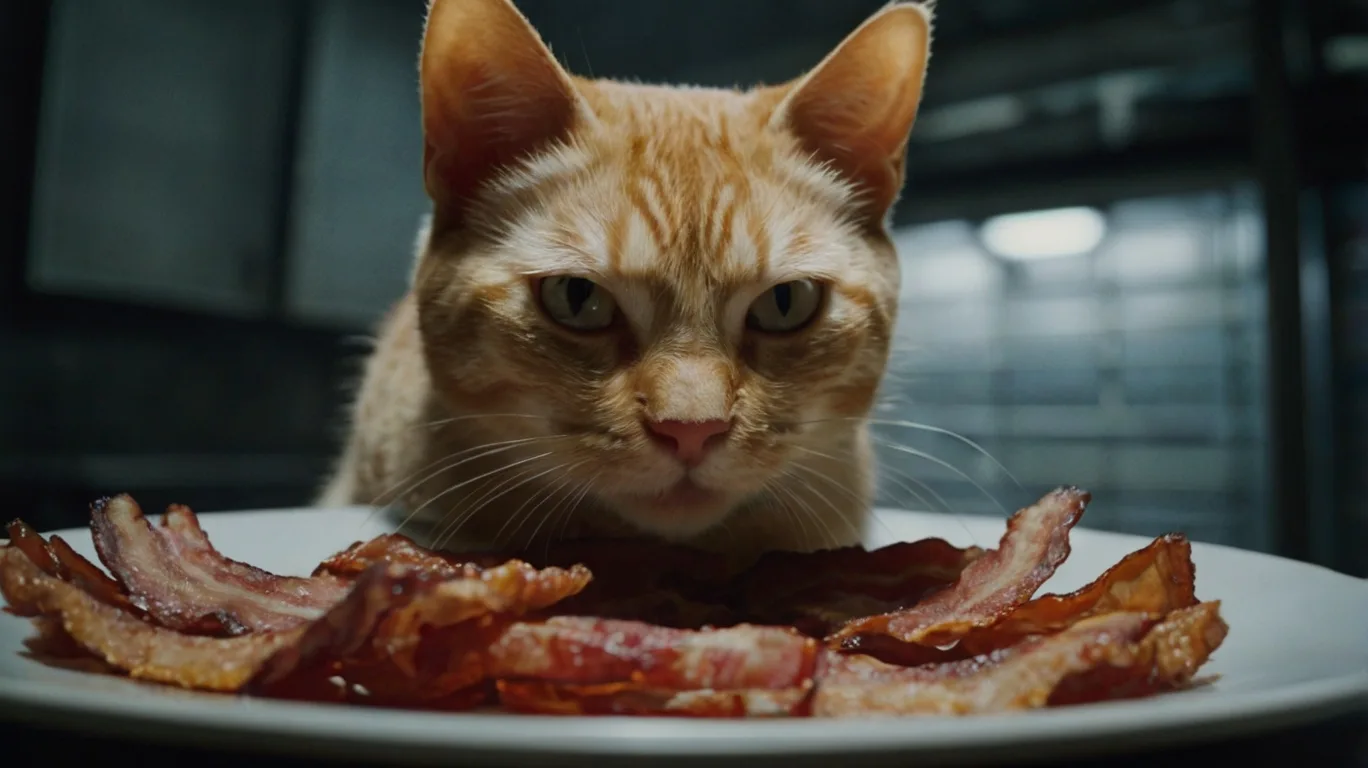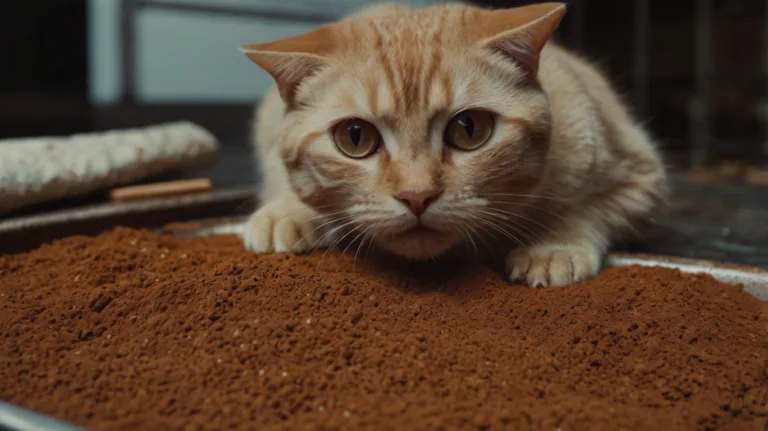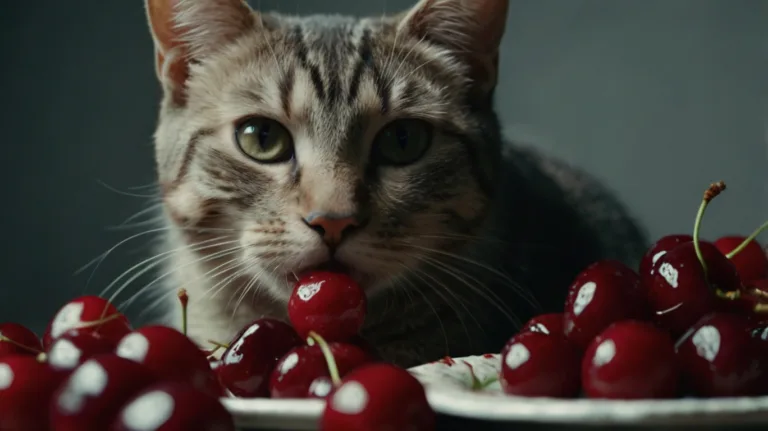Can Cats Eat Bacon?

As a proud cat parent, I’ve often found myself wondering what human foods are safe to share with my furry friend. One lazy Sunday morning, while enjoying a plate of crispy bacon, my cat, Whiskers, stared at me with those big, pleading eyes. I couldn’t help but ask myself: Can cats eat bacon? Is it safe? Is it healthy? What are the risks? After some research and consulting with my veterinarian, I’ve put together this comprehensive guide to help fellow cat owners navigate the bacon dilemma.
Cats are obligate carnivores, meaning their diet primarily consists of meat. Unlike omnivores, cats rely on animal-based proteins and fats to meet their nutritional needs. While they thrive on high-protein diets, not all human foods are safe. Some foods, like chocolate, onions, and garlic, are toxic to cats. Others, like bacon, fall into a gray area.
As a pet owner, it’s essential to understand which human foods are safe for your cat and which should be avoided. Bacon, a popular breakfast food, is often debated among cat owners. Let’s explore whether bacon is a suitable treat for your feline companion.
What is Bacon?
Bacon is a type of salt-cured pork that is typically sliced thin and fried or baked until crispy. It is a popular food item in many cultures, known for its rich, savory flavor. However, bacon is also high in fat, sodium, and preservatives, posing health risks to humans and animals.
Nutritional Composition of Bacon
Bacon is primarily composed of:
- Protein: Bacon contains a moderate amount of protein essential for muscle growth and repair.
- Fat: Bacon is high in saturated fat, which can contribute to obesity and other health issues.
- Sodium: Bacon is heavily salted during curing, making it high in sodium.
- Preservatives: Many bacon products contain nitrates and nitrites, which preserve the meat and enhance its color.
Types of Bacon
There are several types of bacon, including:
- Pork Bacon: The most common type is made from pork belly.
- Turkey Bacon: A leaner alternative made from turkey.
- Canadian Bacon: Made from pork loin, it is leaner and less fatty than traditional bacon.
- Vegetarian Bacon: Made from plant-based ingredients like soy or tempeh.
Can Cats Eat Bacon?
Short Answer:
yes, cats can eat bacon, but only in tiny amounts and on rare occasions.
Is Bacon Safe for Cats?
The answer for Can Cats Eat Bacon? is yes; cats can eat bacon, but only in tiny amounts and on rare occasions. While bacon is not toxic to cats, it is not ideal for them due to its high fat and sodium content. Feeding your cat bacon regularly can lead to health problems such as obesity, pancreatitis, and heart disease.
Potential Risks of Feeding Bacon to Cats
- High-Fat Content: Cats require a diet high in protein but low in fat. Excessive fat intake can lead to obesity and pancreatitis, a painful inflammation of the pancreas.
- High Sodium Content: Cats are sensitive to sodium, and too much salt can cause dehydration, high blood pressure, and kidney problems.
- Preservatives: Nitrates and nitrites in bacon can harm cats in large quantities.
- Choking Hazard: Bacon can be tricky and chewy, posing a choking risk for cats, especially if given in large pieces.
- Digestive Issues: Cats have sensitive digestive systems, and fatty foods like bacon can cause stomach upset, vomiting, or diarrhea.
Nutritional Value of Bacon for Cats
Protein Content
Bacon contains protein, which is beneficial for cats. However, the protein in bacon is not as high-quality as in cat-specific foods like chicken or fish. Cats require animal-based proteins that provide essential amino acids like taurine, which is crucial for heart and eye health.
Fat Content
While cats need some fat in their diet, the high saturated fat content in bacon is unhealthy. Excessive fat can lead to weight gain and other health issues.
Sodium and Preservatives
The high sodium content in bacon can be dangerous for cats. Cats have a low thirst drive and may not drink enough water to compensate for the excess salt, leading to dehydration and kidney strain. Additionally, preservatives like nitrates and nitrites can be harmful in large amounts.
My Experience Giving Bacon to My Cat
How I Introduced Bacon to Whiskers
One morning, after much deliberation, I decided to give Whiskers a tiny piece of bacon. I ensured it was fully cooked, unseasoned, and cut into a pea-sized portion. I placed it on a plate and watched as Whiskers cautiously approached it. After a few sniffs, she gobbled it up in one bite.
What Happened Afterward
Whiskers seemed to enjoy the bacon, but I noticed she drank more water than usual afterward, likely due to the high sodium content. Over the next few hours, I closely watched her for any signs of digestive upset. Thankfully, she showed no adverse reactions, but I decided to limit bacon to a rare treat.
Expert Advice on Feeding Bacon to Cats
Here are five key recommendations from veterinarians on feeding bacon to cats:
- Limit the Amount: Offer only a tiny piece (about the size of a pea) as an occasional treat.
- Cook Thoroughly: Ensure the bacon is fully cooked to avoid the risk of bacterial contamination.
- Avoid Seasonings: Do not give your cat bacon seasoned with garlic, onions, or other harmful ingredients.
- Monitor for Reactions: Watch for any signs of digestive upset or allergic reactions after feeding bacon.
- Consult Your Vet: Consult your veterinarian before introducing new foods into your cat’s diet.
Dr. Jennifer Coates, DVM
“Feeding bacon to cats is not recommended due to its high fat and sodium content, which can lead to obesity, pancreatitis, and other health issues. Cats are obligate carnivores, but they need balanced nutrition, not just fatty meats.”
Reference Link: PetMD – Can Cats Eat Bacon?
Dr. Gary Richter, DVM
“While bacon isn’t toxic to cats, it’s not a healthy choice. The high salt content can be particularly problematic for cats with kidney issues or heart conditions.”
Reference Link: Rover – Can Cats Eat Bacon?
Dr. Lisa A. Pierson, DVM
“Cats require a diet high in animal-based protein, but processed meats like bacon are not ideal. They contain additives and preservatives that can be harmful to cats in the long term.”
Reference Link: CatInfo.org – Feeding Your Cat
Dr. Karen Becker, DVM
“Bacon is a high-calorie, high-fat food that can contribute to obesity in cats. It’s best to avoid feeding it to your feline friends and opt for healthier, species-appropriate treats.”
Reference Link: Healthy Pets with Dr. Karen Becker – Bacon for Pets
Dr. Justine Lee, DVM
“The high sodium content in bacon can lead to dehydration and electrolyte imbalances in cats. If you want to give your cat a treat, choose something specifically designed for feline nutrition.”
Reference Link: Preventive Vet – Can Cats Eat Bacon?
Healthier Alternatives to Bacon for Cats
Safe Human Foods for Cats
If you want to treat your cat, consider these safer alternatives:
- Cooked Chicken: Plain, unseasoned chicken is an excellent source of protein for cats.
- Cooked Fish: Small amounts of cooked salmon or tuna can be a healthy treat.
- Eggs: Scrambled or boiled eggs (without seasoning) are a good source of protein.
- Pumpkin: Plain, cooked pumpkin can aid digestion.
Commercial Cat Treats
There are many cat-specific treats available that are formulated to meet your cat’s nutritional needs. Look for treats that are high in protein and low in fat and sodium.
Frequently Asked Questions (FAQs)
Conclusion
So, can cats eat bacon? While it’s not toxic, it’s best to limit bacon as an occasional treat and prioritize healthier options for your cat’s diet. While cats can technically eat bacon, it is not a healthy or recommended food. The high fat and sodium content and preservatives make bacon a poor choice for feline nutrition. Choose safer alternatives like cooked chicken or commercial cat treats to treat your cat. Always consult your veterinarian before introducing new foods into your cat’s diet.
By understanding the risks and benefits of feeding bacon to your cat, you can make informed decisions prioritizing your pet’s health and well-being. Remember, moderation is key, and a balanced diet is essential for keeping your feline friend happy and healthy.





3 Comments